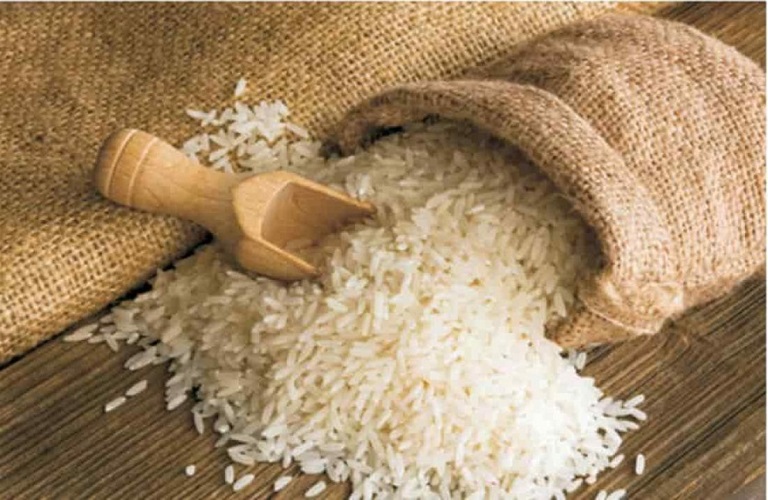Greece’s ministry of rural development faced off with the European Commission to block efforts to increase the permittable levels of a pesticide, called tricyclazole, in imported rice, in a bid to protect Greece’s rice industry, producers and public health.
Tricyclazole is a fungicide that has been banned in the EU since 2016 but is widely found in imports of rice to the bloc from southeast Asia, according to reports at Ot.gr. Specifically, it was found in more than 86% of imports in 2022.
The European Commission recently submitted a proposal to increase the maximum residue limit (MRL) for tricyclazole in imported rice, but the proposal was successfully blocked by Greece, Italy, Spain and France.
The report by Ot.gr says that an increase in allowable levels would have had serious economic consequences for Greek and European rice producers, who are already at a significant competitive disadvantage compared to third country producers.
The relevant minister, Lefteris Avgenakis, previously has said that any increase in the permitted levels of the particular pesticide, exclusively for imported rice, is inconsistent with EU policies towards reducing the presence of pesticides in food, and, above all, would violate the principle of reciprocity of rules on the use of pesticides, according to OT.gr.
Greece features a rice industry that is one Europe’s largest, and represents 30% of rice production in Europe.






